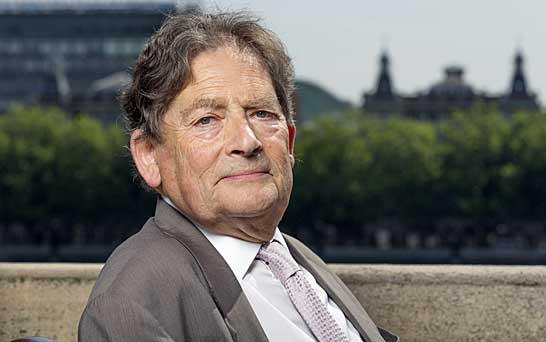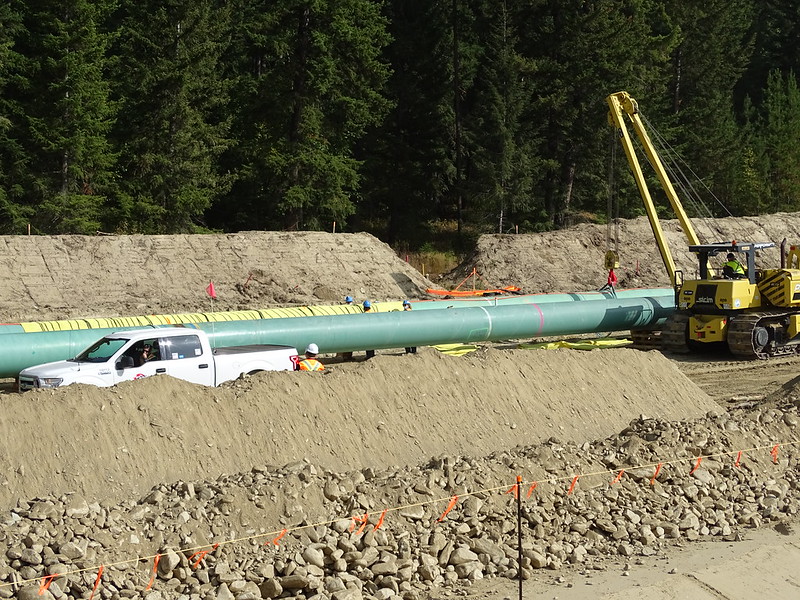Amber Rudd’s energy policy ‘reset’ hinges on a last-century vision championed by none other than Lord Lawson, the one-time chancellor to Margaret Thatcher and Britain’s leading climate denier.
The Energy and Climate Secretary called Lawson’s free market approach “the Conservative way” and quoted Lawson’s 1982 speech where he set out plans to break up the nationalised energy monopolies.
She argued that Lord Lawson’s approach “is the Conservative way. Allowing markets to flourish. Open to trading. Independent regulation to provide confidence to investors. Competition keeping prices as low as possible.”
But if it weren’t for journalists at the Financial Times and Business Green who attended the speech, Rudd’s assertion that Lawson’s approach is “the Conservative way” would have gone unrecorded. Indeed, these words are redacted from the government’s published transcript of the speech.
As the Financial Times wrote: “For green activists, who have watched in dismay as ministers have slashed subsidies to renewables, the comparison was worrying. Lord Lawson has been at the forefront of attempts to water down action on climate change, arguing it is too expensive.
“He will have been delighted by one aspect of Ms Rudd’s speech — she announced that renewables operators would have to pay more to reflect the costs of building back-up power in case they are not running.”
Rudd, however, did acknowledge that some government intervention will always be necessary. This can be seen, for example, in her announcement to close all coal-fired power stations by 2025 – an impressive world first and a move that has been welcomed by environmentalists.
It can also be seen in the government’s choice to strongly pursue nuclear and gas. In contrast, for renewables competition is key, Rudd said: “We need to work towards a market where success is driven by your ability to compete in a market, not by your ability to lobby government.”
But, as Rudd explained of Lawson’s approach: “Intervention was necessary then and will always remain so in an industry that delivers such a vital service. But intervention was limited. Now, the Lawson model of limited intervention is all but wiped away.”
The final sentence of this quote has also been redacted from the government’s official version of the speech.
Clearly, the government is somewhat attempting – but not successfully – to distance its policy from Lord Lawson. But with just over a week before the world meets in Paris to forge the clean energy system of the future, why is Rudd looking to the past for inspiration?
Curious to learn more about the government’s new energy policy? You can read all about the good, the bad, and the confusing contradictions here:
The Guardian: The UK is harking back to the energy system of the last century and UK to close all coal power plants in switch to gas and nuclear
Business Green: 10 unanswered questions for Amber Rudd and the UK energy policy ‘reset’
Energydesk: Can the UK ditch coal without fracking? and What does Amber Rudd’s speech mean for renewables?
The Telegraph: David Cameron’s government the greenest every? Yeah right
Carbon Brief: In Depth: UK pledges coal phase-out by 2025, but uncertainty remains
Photo via creative commons
Subscribe to our newsletter
Stay up to date with DeSmog news and alerts







